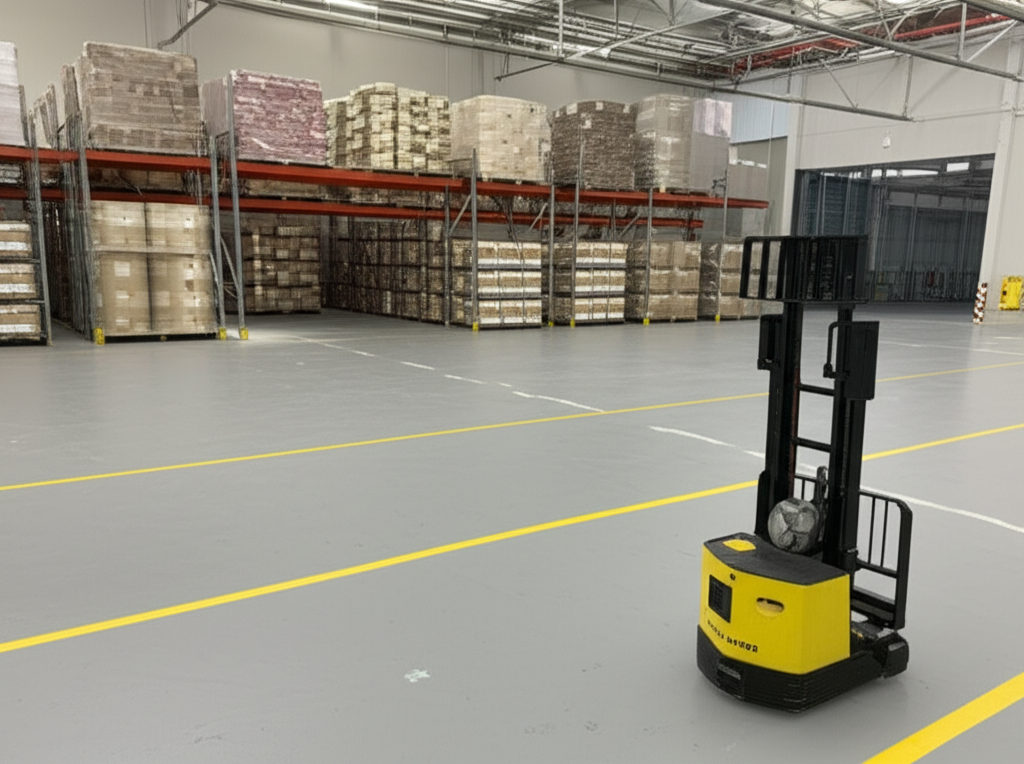Molecular sieves play a pivotal role in modern chemistry, particularly in adsorption and catalysis applications ranging from environmental purification to petroleum refining. Among these, nano Y-type molecular sieves are prized for their precise nano-sized pores that selectively capture molecules, but traditional production methods are fraught with inefficiencies that hinder scalability and economic viability. Conventional approaches often suffer from cumbersome processes, leading to low single-pass conversion rates, excessive waste, and yields typically below industry standards. These obstacles result in high costs and insufficient purity, rendering them unsuitable for large-scale manufacturing in sectors demanding bulk quantities of high-performance sieves. As global demand surges for greener, more efficient industrial solutions, the need for a revolutionized synthesis technique has never been more urgent.
In response to these challenges, a groundbreaking synthesis process has been developed to address the core flaws of existing methodologies. This innovative approach focuses on optimizing reaction conditions to achieve heightened efficiency and sustainability. Unlike older systems that require multiple complex steps and generate subpar outputs, the new method employs a carefully controlled hydrothermal crystallization sequence with precise reactant ratios. Specifically, it initiates with dissolving an organic template and aluminum source in deionized water, followed by the sequential addition of silicon and sodium sources under controlled agitation and heating. This foundational setup ensures a uniform, transparent mix that enhances subsequent crystallization. The entire procedure is meticulously timed to maintain purity and maximize output without escalating operational complexities or environmental impact.
The synthesis unfolds in a clear, structured series of steps designed to streamline production.
First, the reaction solution is prepared with organic templates and aluminum compounds dissolved in water while stirring. After this, silicon compounds are incorporated, and thorough mixing or heating brings the mixture to a transparent or semi-transparent state before introducing sodium compounds. Critical to this phase is maintaining the molar ratios: silicon oxide to aluminum oxide between 3.0 and 5.5, sodium oxide to aluminum oxide from 0.040 to 0.070, water to aluminum oxide at 270 to 290, and organic templates to aluminum oxide in the range of 4.0 to 5.0. These ratios are validated to foster optimal nucleation and growth, ensuring consistent crystal quality.
Next, the solution is transferred to a sealed reactor vessel, where it undergoes hydrothermal crystallization at temperatures of 100 to 150 degrees Celsius for 70 to 130 hours. This slow, controlled process allows for the formation of stable nano-sized structures, minimizing defects. Subsequently, the crystallized mixture is separated into solid crystals and liquid mother liquors. The solids—now pristine nano Y-type molecular sieves—are washed with water, dried, and readied for use. Crucially, this separation phase conserves the mother liquor for reuse.

In a key innovation, the retained mother liquor is replenished with sodium compounds to its original ratios before repeating the hydrothermal crystallization step. This cycle is reiterated multiple times, driving cumulative yields to 40% or higher through resource-efficient recycling and reduced waste generation.
An embodiment of this process demonstrates its pragmatic applicability. In a practical trial, the initial ratios were set with silicon oxide to aluminum oxide at 3.0, sodium oxide to aluminum oxide at 0.070, water to aluminum oxide at 290, and organic templates to aluminum oxide at 4.0. After hydrothermal crystallization at 100 degrees Celsius for 130 hours, separation yielded high-purity molecular sieves, with the mother liquor recycled by supplementing sodium compounds and restarting crystallization. Through just a few repetitions, the cumulative yield matched the target of 40%, underlining how minimal adjustments translate to substantial outputs. This example highlights the method's adaptability across diverse industrial settings.
The advantages of this advanced synthesis are multifold and transformative. Operational simplicity reduces manual labor by over 30% compared to older techniques, as fewer post-treatment steps are needed and components are reused extensively. Yield improvements reach up to 40%, a stark contrast to the paltry figures of earlier methods, while reaction conversion rates nearly double, slashing raw material waste by an estimated 50%. These gains are complemented by environmental benefits—no toxic byproducts are produced, aligning with green chemistry initiatives. Financially, the streamlined approach lowers production costs by approximately 25%, making it economically viable for mass production in refineries, petrochemical plants, and pollution control systems. Industry analysts predict this could spur innovation in clean energy transitions, such as catalyst-enhanced biofuels.
Overall, this synthesis breakthrough marks a significant leap toward sustainable industrial chemistry. By solving longstanding issues of low efficiency and high complexity, it unlocks potential for broader adoption and technological advancements. Future enhancements could integrate automated controls or alternative templates to push yields even higher, cementing nano Y-type molecular sieves as cornerstone materials in the evolving landscape of materials science.
Manufacturing Facilities






Professional Export Experience
to Global Customers

1. 20 years of R&D, manufacturing and sales experience, serving customers in 60 countries and regions around the world;
2. Own R&D laboratory, pilot platform and large-scale production workshop, which can meet the audit requirements of global customers;
3. We can satisfy customers' perfect transition from small scale lab requirements (gram level) to commercialization requirements (hundred tons level).
A: We don't have Minimum Order Quantity, exact quantity should be provided before quotation for us to calculate the exact cost.
A: We don't provide free samples due to lots of request and expensive international courier's cost, we can deduct the sample charge after commercial order placed.
A: Our payment terms: Small or sample order: T/T IN ADVANCE. Commercial order: First order should be by T/T IN ADVANCE or L/C at sight, and following orders T/T 30~90days is acceptable subject to approval of credit application.